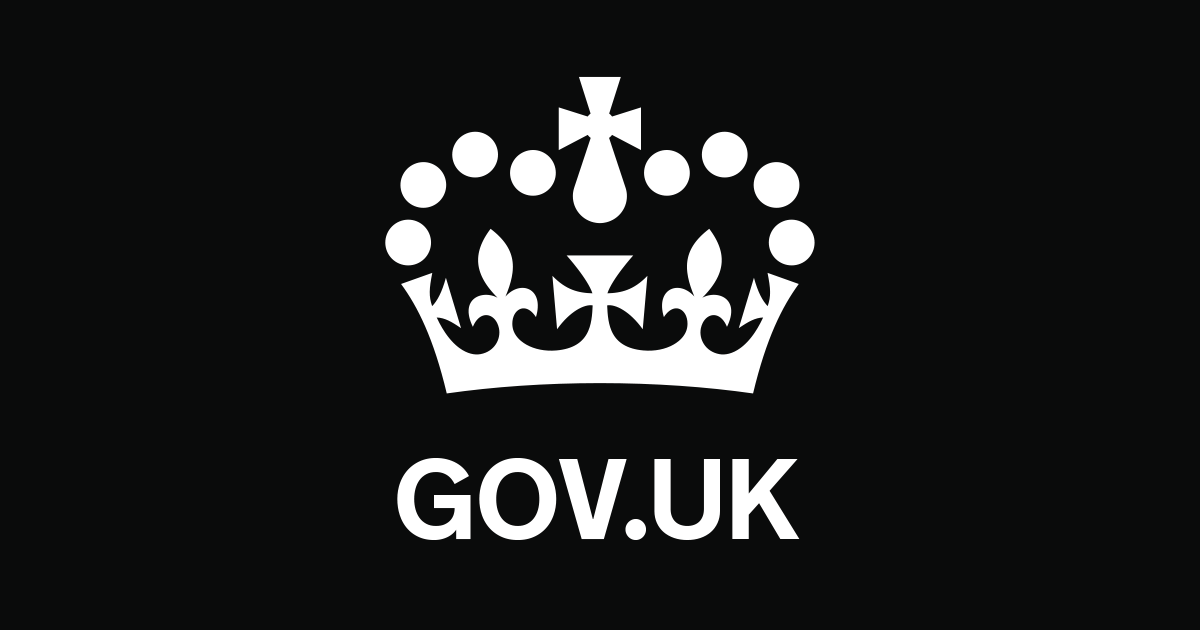
The Foreign,Commonwealth & Development Office (FCDO) advises against all but essential travel to:
- the whole of Peru based on the current assessment of COVID-19 risks.
From 4am on 15 January, visitors who have been in or transited through Peru in the previous 10 days cannot enter the UK. British and Irish nationals, and third country nationals with residence rights in the UK arriving in the UK from Peru will need to self-isolate along with their households on their return. Check the latest guidance for England, Northern Ireland, Scotland and Wales.
From 1 January onwards people with residence rights include: holders of Indefinite Leave to Remain; holders of existing leave to enter or remain (i.e those with biometric Residence permits) or an entry clearance/visa that grants such leave e.g. students, workers, etc (excluding visit visas); holders of EU Settlement Scheme (“EUSS”) leave; those who have rights of entry under the Withdrawal Agreements (including returning residents with a right of residence under the EEA Regulations and EEA frontier workers); family members of EEA nationals with rights under the Withdrawal Agreement.
Travel to Peru is subject to entry restrictions
- Commercial airlines are operating between Peru and other countries up to 8 hours flying time away. If travelling via another country, it is essential you check the travel advice for that country.
- KLM are flying from Lima to Amsterdam on a daily basis, and Air France are flying from Lima to Paris on a weekly basis. However, these flights do not bring passengers into Peru. There are currently no direct inbound passenger flights from Europe to Peru.
- If you travel to Peru, you will need to show proof of a negative result from a COVID-19 PCR (molecular) test, issued no more than 72 hours before your flight.
- Anyone arriving in Peru will need to quarantine for 14 days.
See Entry requirements for more information before you plan to travel.
Preparing for your return journey to the UK
If you’re returning to the UK from overseas, you will need to:
Check our advice on foreign travel during the coronavirus (COVID-19) pandemic and sign up for email alerts for this travel advice.
If you’re planning travel to Peru, find out what you need to know about coronavirus there in the Coronavirus section.
During the COVID-19 pandemic, it is more important than ever to get travel insurance and check it provides sufficient cover. See the FCDO’s guidance on foreign travel insurance.
Around 70,000 British nationals visit Peru every year. Most visits are trouble free.
If you enter Peru without an entry stamp, you’re required by law to apply for a new entry stamp at the nearest immigration office. See Entry requirements
The rainy season in Peru runs from November to April. It can rain and snow heavily in the Andes and there have been occasions of torrential rains in some parts of the country. See Natural disasters
If you are in Peru or planning to travel, monitor local news closely and follow the authorities’ advice. For specific advice on conditions in the different regions of Peru, in English or Spanish, visit the Iperu website (the official source of information for tourists in Peru) or call them on +511 574 8000 (option 2 for English).
Drug trafficking is a serious crime and drug smugglers face long terms of imprisonment. See Local laws and customs
There may be a higher risk to your safety in areas where there is organised crime and terrorism linked to the production of drugs. See Local travel
There are risks involved in flying over the Nazca Lines. See Nazca Lines
There’s risk of robbery by bogus taxi drivers, especially to and from the airports and at bus terminals. See Crime
Driving standards are poor. Crashes resulting in death and injury occur frequently. See Road travel
Terrorist attacks in Peru can’t be ruled out. See Terrorism
UK health authorities have classified Peru as having a risk of Zika virus transmission. For information and advice about the risks associated with Zika virus, visit the National Travel Health Network and Centre website.
If you’re abroad and you need emergency help from the UK government, contact the nearest British embassy, consulate or high commission.